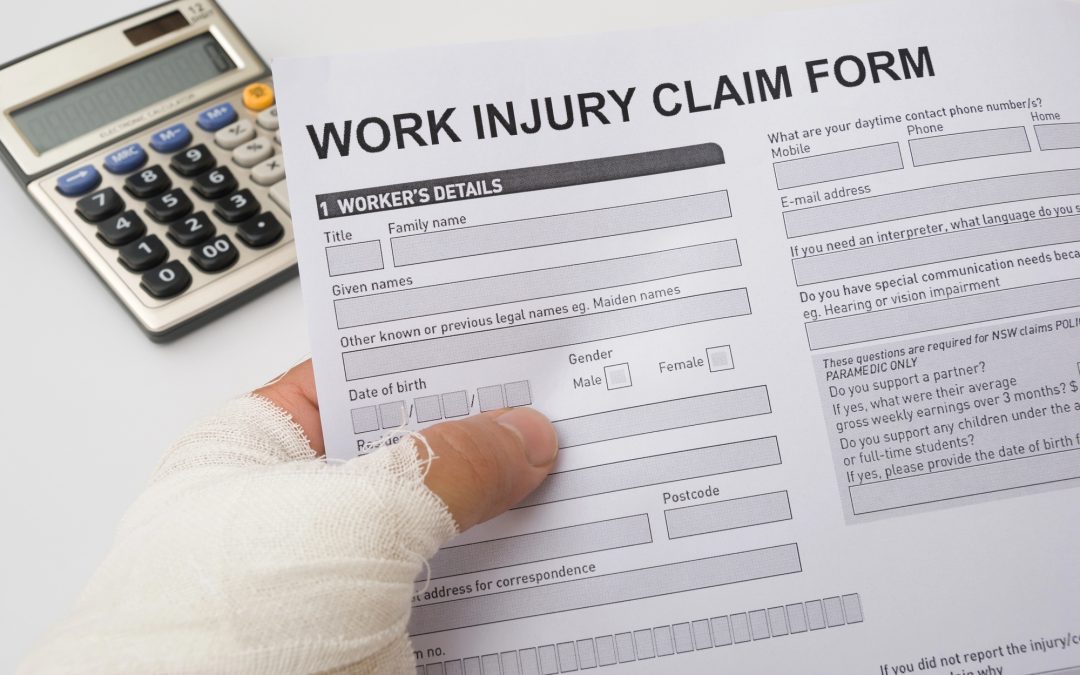
We have long seen better outcomes in workers’ comp settlements when the injured worker is seen holistically rather than focusing only on the specific injury or illness. Ignoring issues such as comorbidities and psychosocial factors can prolong claims for insurers while failing to address the long-term well-being of the worker. In addition to ongoing and future medical needs, other aspects of a worker’s life should be considered as well. These include:
- Retirement
- Children with current or future educational needs Legal concerns
- Government benefits Tax consequences Insurance
- Lien resolution
- … And more
Given all the above, it is understandable why even the most experienced work comp attorneys and insurance professionals can benefit from the expertise of a settlement planner. Here are four ways a settlement planner can bring their experience to a workers’ comp claim:
- MSAs.Many injured workers who settle their claims have at least some of the money included in a Medicare set-aside (MSA) to ensure Medicare does not pay for medical care that should instead be paid through workers’ compensation. Determining whether and how an MSA should be created is highly complex and can be a nightmare for those without specific expertise in this area. The Centers for Medicare and Medicaid Services (CMS) has specific and highly complex reporting requirements for MSAs. Since failure to comply puts the injured worker at risk of losing Medicare benefits, it’s crucial to involve an expert in managing MSA funds.
- Other Government Benefits. Medicare is not the only government benefit program that a settlement could impact. A lump-sum settlement can also make an injured worker ineligible for Medicaid and Supplemental Security Income (SSI) benefits. In fact, Special Needs Trusts were created by Congress to avoid this very situation. Some of the proceeds from the settlement can be placed in these vehicles to preserve and even extend the purchasing power of the settlement. Again, these are very complex and must be developed by someone with expertise in state and federal statutes, public benefits, and tax law.
- Future Medical Needs and Equipment. In addition to the injured worker’s immediate medical needs, they may need special equipment, long-term care, or multiple surgeries in the years to come. A settlement planner can help inform when, where, and how much money will be needed for future medical needs
4. Family Needs. The needs of an injured worker’s family must also be considered. Children may eventually need money for a car, higher education, or a down payment on a house. Parties to the settlement should understand this in advance to ensure it is
structured to make these funds available when needed.
State Trooper Is Post-Settlement Protected
Here’s a case history from our files that illustrates how a comprehensive settlement plan can facilitate settlement of work comp claims. Paul joined the state patrol in his 20s. But a severe cardiac condition abruptly ended his career, and he was declared permanently disabled under workers’ compensation. Paul underwent multivalve bypass surgery and would need continued medical care for the rest of his life.
When it was time for Paul to settle his workers’ comp claim, he sat down with his attorney and a Ringler advisor to create an MSA powered by a structured annuity. They also added a contract from a medical services management company specializing in Medicare benefits to manage the MSA post-settlement.
When all was said and done, Paul felt confident that the settlement would meet his financial and medical needs for the rest of his life. His lawyer could close the file, knowing the medical management company would always be there to advocate for Paul and ensure that his Medicare benefits were protected.
While no one company or advisor has expertise in all facets of a settlement, Ringler and your Ringler advisor have established relationships with professionals in all of these disciplines. By adding your advisor to the team sooner rather than later, they can develop a relationship with the injured worker and help prepare the insight you need for a successful outcome.
Ringler Settlement Consultants:
• William Mathews III (wmathews@ringlerassociates.com – (813) 431-7533)
• Scott Hoover (shoover@ringlerassociates.com – (407) 478-6622)
• Jeffrey Klugerman (jklugerman@ringlerassociates.com – (954) 349-2033)
Ringler is the largest settlement planning company in the United States with over 250 professionals in more than 70 offices nationwide since it was established in 1975. More at www.RinglerAssociates.com.

